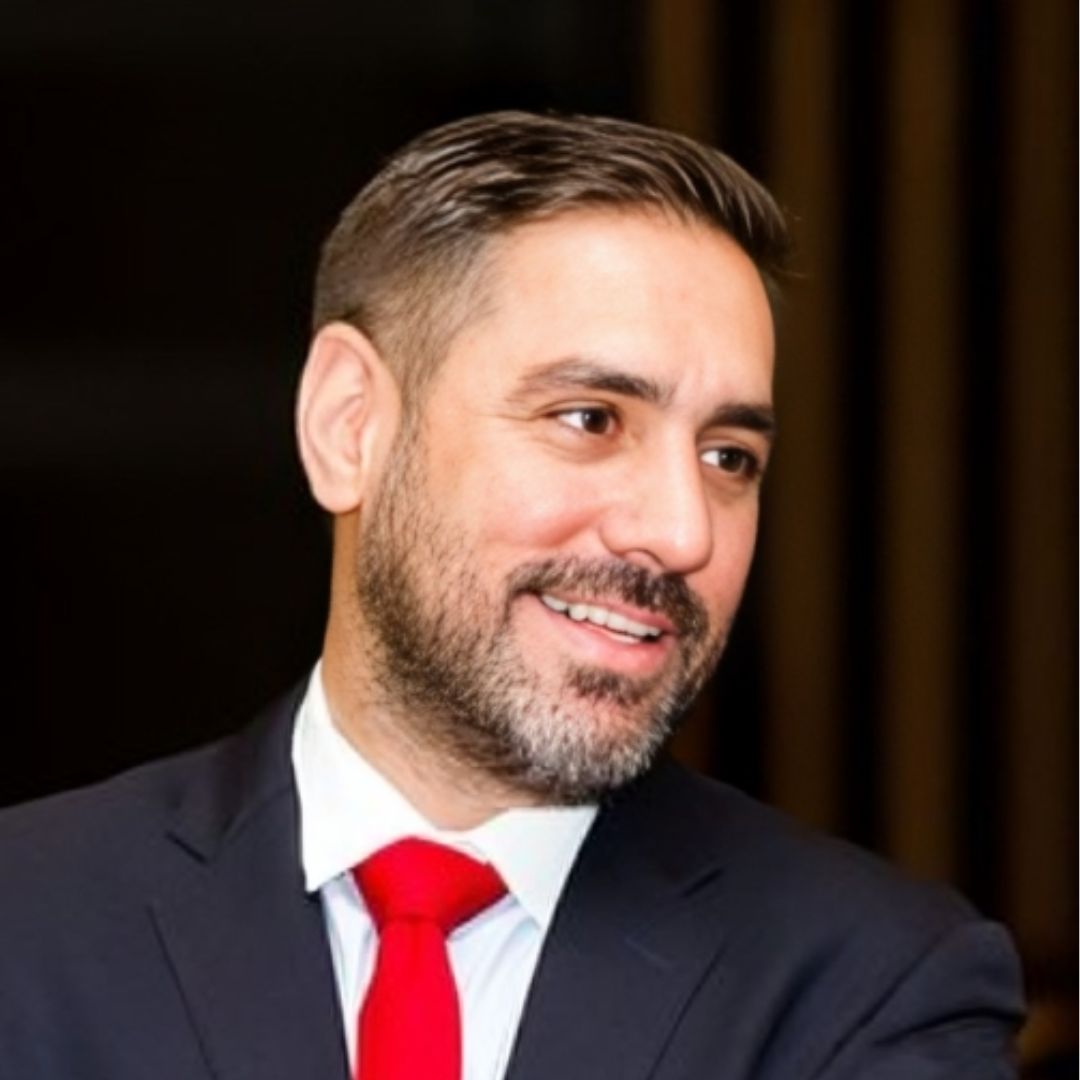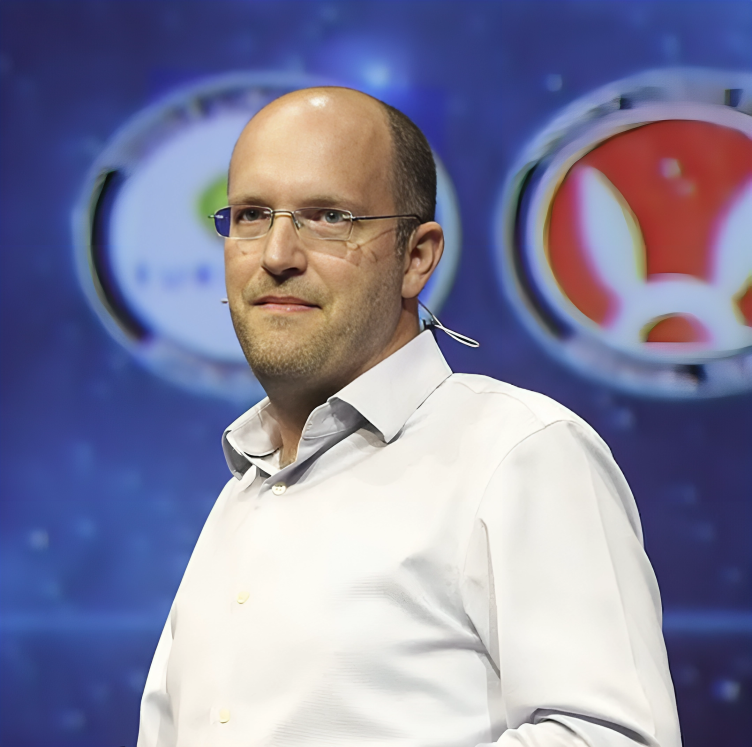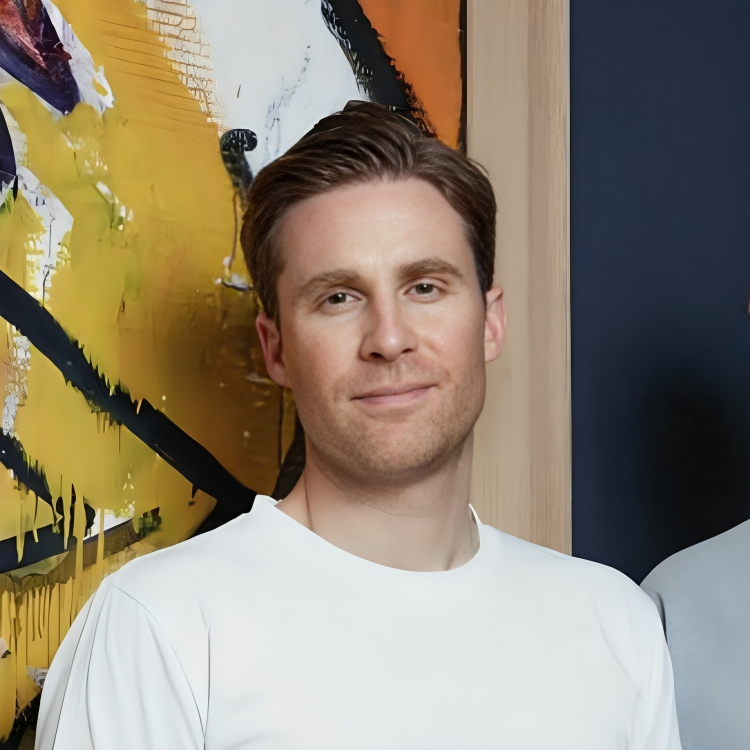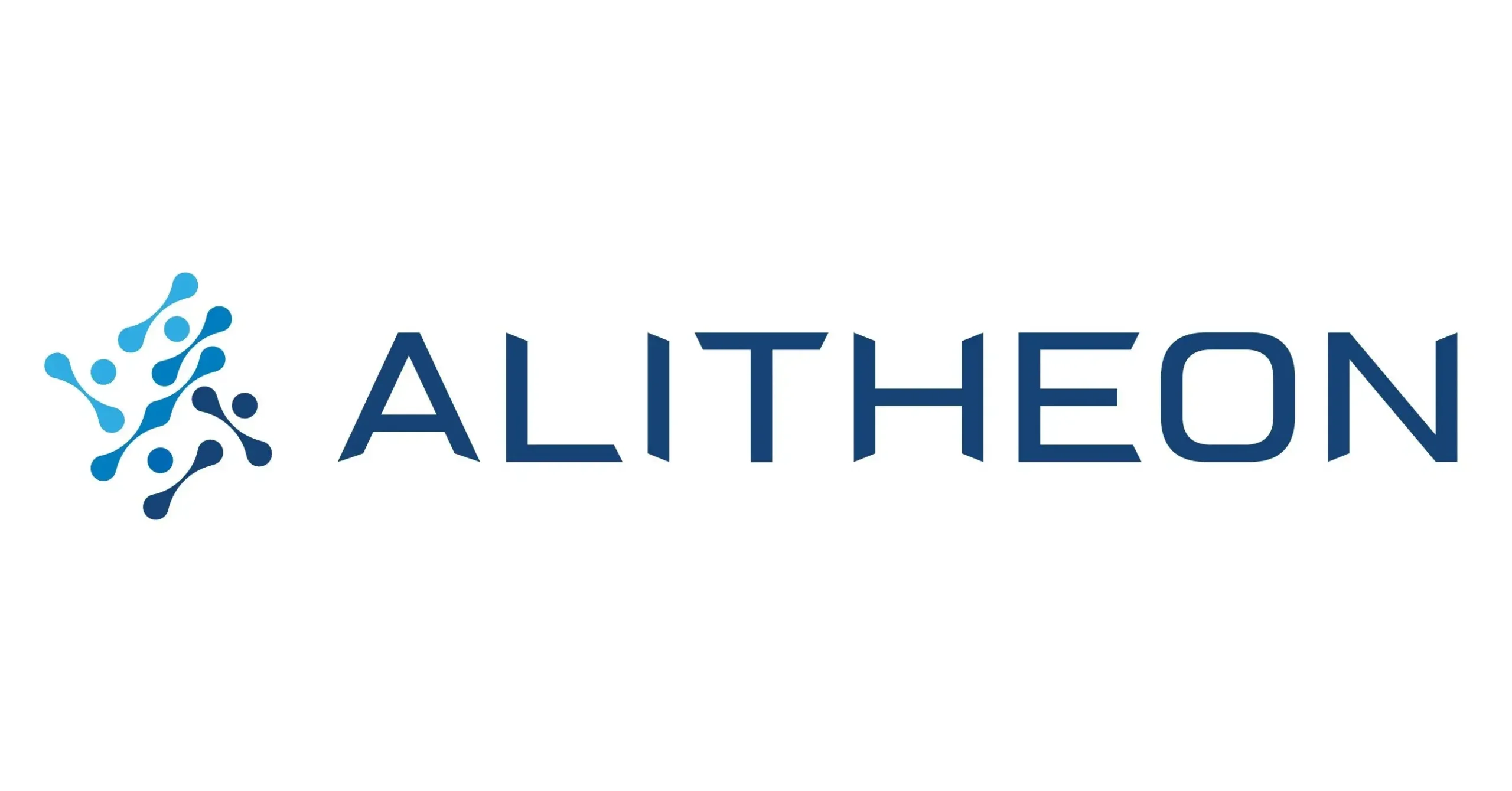Ready to launch your own podcast? Book a strategy call.
Frontlines.io | Where B2B Founders Talk GTM.
Strategic Communications Advisory For Visionary Founders
Conversation
Highlights
From Data Platform Expert to Supply Chain Revolutionary: Unity SCM’s Unconventional Path to Success
Most founders follow a predictable path: spot a problem in their industry, build a solution, then iterate based on customer feedback. But in a recent episode of Category Visionaries, Amir Taichman shared how his outsider perspective and stubborn conviction led to a radically different approach to solving supply chain’s data crisis.
Fresh from spending three years working with Fortune 100 companies like Starbucks and Unilever, Amir couldn’t shake the feeling that everyone was approaching supply chain visibility wrong. “I couldn’t walk away from the fact that I felt that everyone was going about trying to address this challenge the wrong way,” he explains. “And there’s a different way that you can go down that would actually make this really seemingly untenable problem solvable.”
Instead of building yet another application, Unity SCM made the contrarian bet that supply chain’s fundamental challenge was data fragmentation. As Amir puts it, “We’re going to focus on the data first because it’s actually a data problem, not an application problem… if you could fix, or you could figure out how to get data, the rest of the problems kind of fall into place.”
This conviction shaped not just their product strategy but their entire go-to-market approach. While many startups offer free trials or design partnerships to gain early traction, Unity took the harder path of pursuing paying customers from day one. “We made really early on the decision to not go down the path of design partnerships or giving out the product for free for betas,” Amir recalls. “We said, no, we’re going to actually try the trauma of that first customer.”
Their first customer came through an unconventional channel – Stanford’s alumni network. After identifying a VP of inventory planning at a billion-dollar industrial manufacturing company, what started as a feedback conversation evolved into a clear use case. But even with an interested prospect, Amir initially struggled with closing the deal until his cousin gave him some straight talk: “Why aren’t they signing the contract? And I told him, well, I didn’t send them a contract. And he’s like, so how are they going to sign a contract if you haven’t sent them anything?”
This early experience taught Unity a valuable lesson about qualification. As Amir explains, “It made the first part harder because it created a higher bar that an opportunity needed to cross. But at the same time, it kind of forced us to be more sincere with ourselves on why people are saying no or why people are saying yes.”
Rather than chasing explosive growth, Unity focused on building deep relationships with customers who could help evolve their platform. “If you have happy customers using your product… they’ll introduce you to new problems,” Amir notes. “And while every company thinks they’re a snowflake, they’re not. The same problems exist for other companies with similar characteristics.”
This measured approach extends to how Unity thinks about product-market fit. Instead of fixating on hockey stick growth curves, they focus on incrementally expanding their ability to solve customer problems. As Amir describes it, “We have a product, there is a market, there is fit between them. There’s still more work to fine tune that, to get a fully repeatable, fully scalable process.”
The company’s vision extends far beyond just fixing supply chain visibility. Amir sees an opportunity to fundamentally transform how supply chains operate: “Where I really think Unity is going to make a difference is by showing the world that supply chain can be not only a data intensive industry, but really a data driven industry.”
For founders taking on complex industry challenges, Unity’s journey offers a masterclass in the power of conviction and intentionality. As Amir advises, “Being super intentional about how you go about it and based on the base assumptions and thesis and principles… never forget those and be intentional about it.”
Sometimes the path to building something revolutionary requires ignoring conventional wisdom and staying true to your core thesis – even when it means taking the harder road.
Actionable
Takeaways
Assemble a Team of Complementary Founders for Support:
Amir emphasizes the value of having a group of fellow founders at a similar stage to serve as a support system, sounding board, and source of ideas. By surrounding yourself with people who intimately understand the challenges you're facing, you can avoid the sense of isolation that often comes with entrepreneurship and benefit from the collective wisdom of your peers. Founders should proactively seek out or create these peer groups to help them navigate the ups and downs of the journey.
Be Intentional About Turning Conversations into Customers:
In the early days of Unity SCM, Amir and his team focused on having in-depth conversations with potential customers to understand their pain points and design a solution that addressed their needs. However, they realized that these conversations alone wouldn't create a sustainable business – they needed to be intentional about asking these prospects to become paying customers. Founders should strike a balance between learning from potential users and actively converting them into revenue-generating accounts.
Embrace the Unglamorous Work Between Milestones:
While entrepreneurship is often portrayed as a series of glamorous milestones like fundraising rounds and big customer wins, Amir emphasizes that the reality is far less exciting. The majority of a founder's time is spent on the unglamorous work of building and iterating to reach the next stage of equilibrium. By focusing on the actions you can take to incrementally move the needle, you can avoid getting discouraged by the inevitable lows between the highs.
Identify Repeatable Patterns from Customer Successes:
Unity SCM's data-first approach has enabled the company to learn from its happy customers about new use cases and problems that its platform can solve. By digging deeper into these successes, Amir and his team have been able to identify repeatable patterns that they can leverage to expand their value proposition and attract similar customers. Founders should actively look for these commonalities among their best customers to drive more targeted and effective growth.
Stay True to Your Core Assumptions While Challenging Them:
Amir advises founders to be very intentional about the fundamental assumptions, decisions, and principles that guide their company's early direction. While it's important to constantly challenge these assumptions based on data and feedback, losing sight of them altogether can lead to wasted time and effort. Founders should strive to maintain a balance between staying true to their core beliefs and adapting them as needed to align with market realities.



































